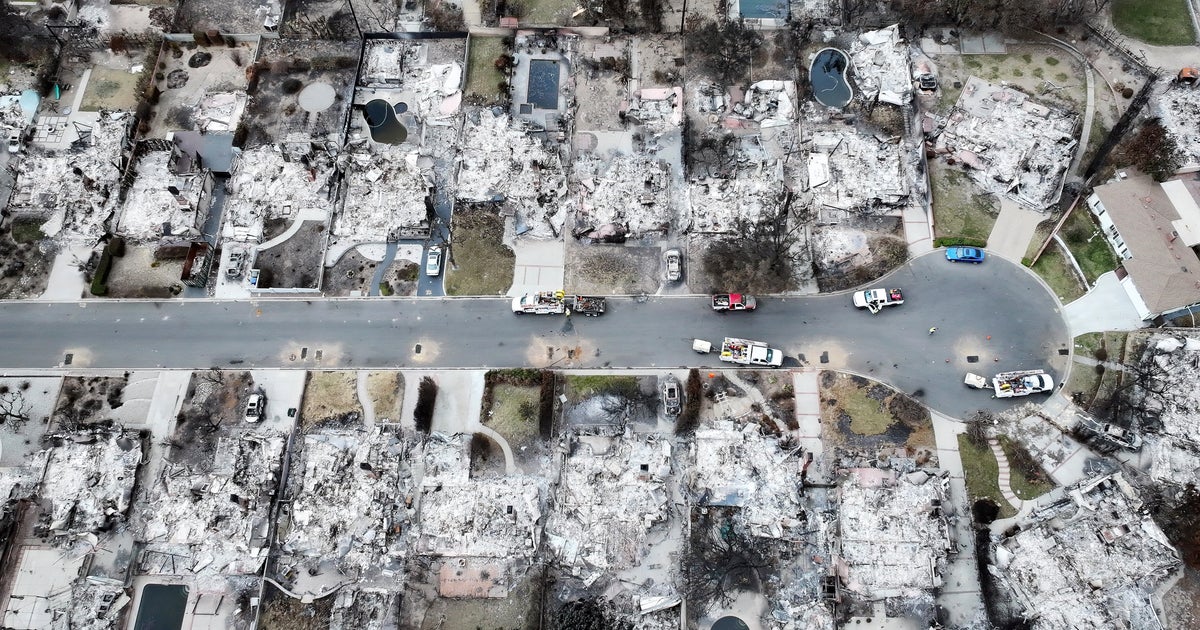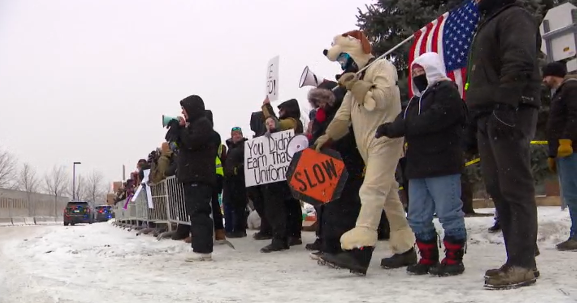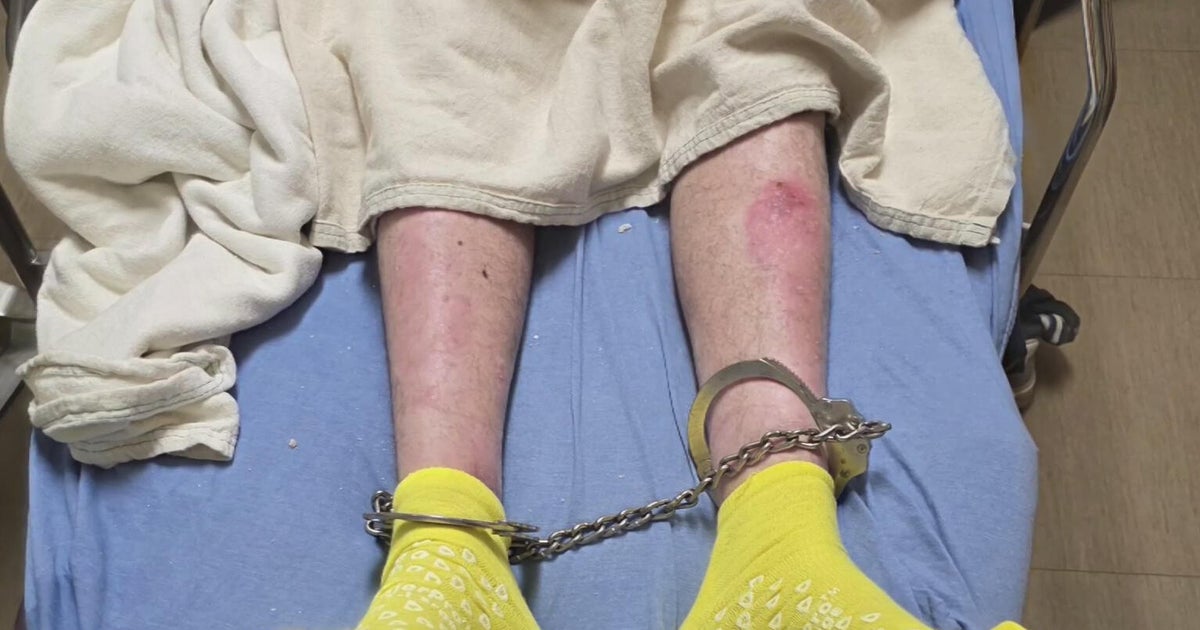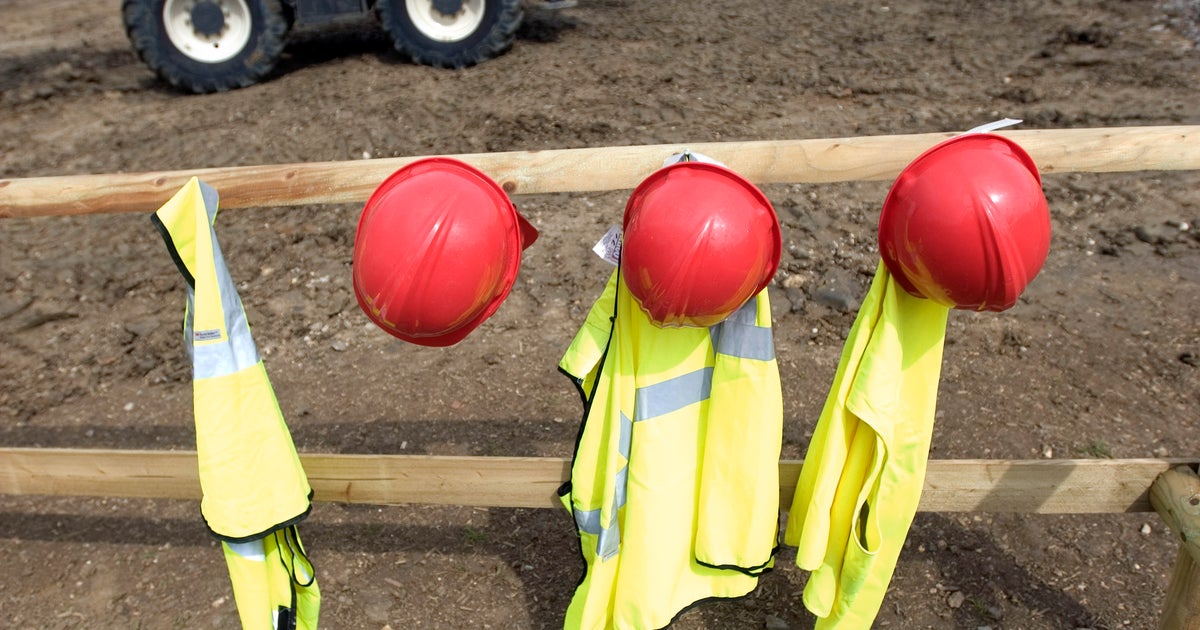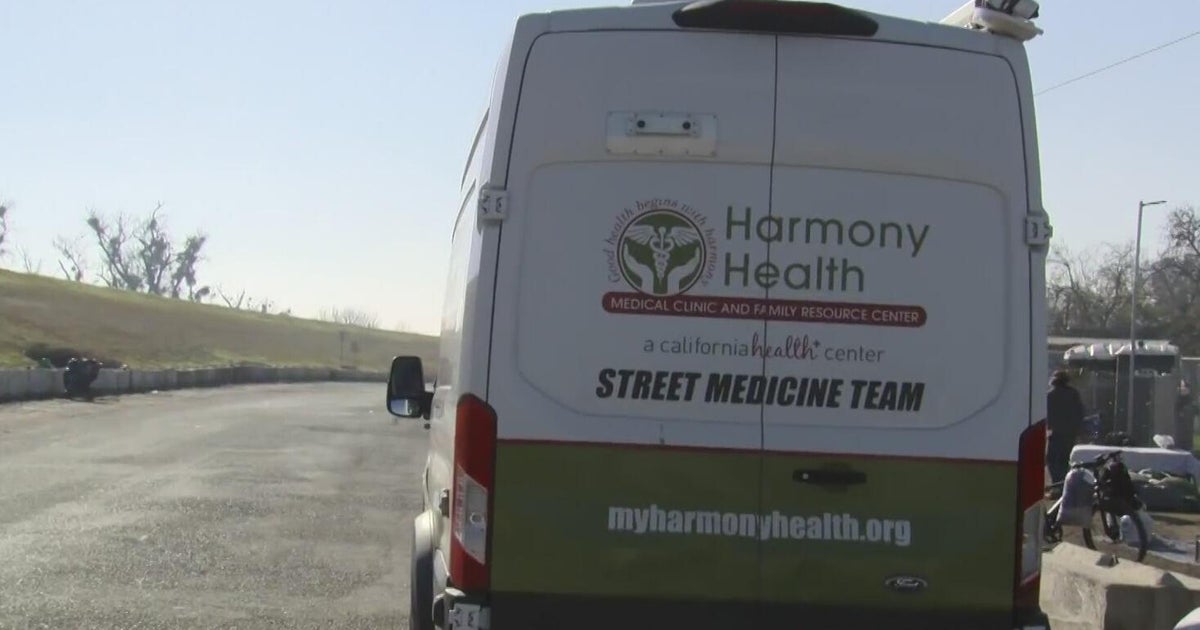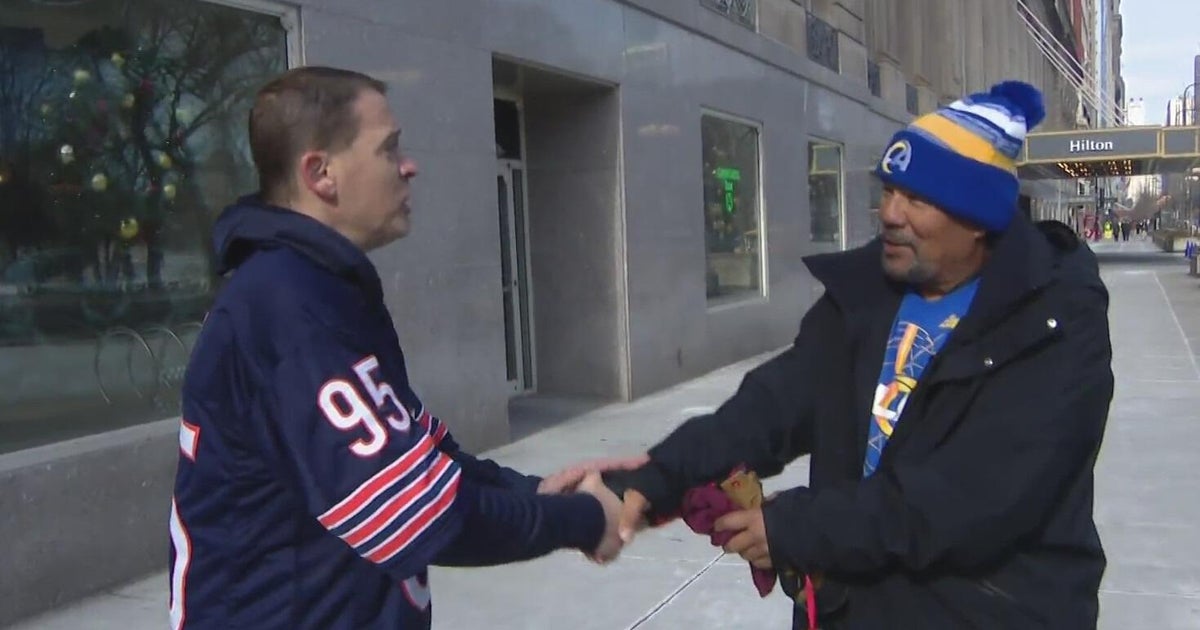Minnesota's Fond du Lac Band sues social media companies, alleging harm against its youths
MINNEAPOLIS — Minnesota's Fond du Lac Band of Lake Superior Chippewa has joined a lawsuit with other tribal nations alleging social media companies have exacerbated the mental health crisis engulfing Native American teenagers.
The Los Angeles-based law firm Robins Kapan LLP says it's representing the Fond du Lac Band, in addition to four other tribes that have filed similar suits earlier this year against the four major social media companies: the Menominee Indian Tribe of Wisconsin, the Sisseton-Wahpeton Oyatethe of South Dakota, and North Dakota's Spirit Lake Nation and Turtle Mountain Band of Chippewa.
The Fond du Lac Band's lawsuit claims Alphabet, ByteDance, Meta and Snap — which respectively run Google/YouTube, TikTok, Facebook/Instagram and Snapchat — have violated Minnesota's laws against public nuisance, negligence, deceptive trade practice and unfair or unconscionable acts.
The myriad allegations laid out in the 164-page suit include how the social media mammoths failed to "disclose to, or warn" the "general public of the negative mental health consequences associated with social media use, especially for children and adolescents"; and the companies knew "extended or problematic social media use" increases "the likelihood that algorithm-based recommendations would expose child and adolescent users to content that is violent, sexual, or encourages self-harm, among other types of harmful content."
Robins Kaplan cites studies by the American Psychiatry Association, the Center for Native American Youth and the Suicide Prevention Resource Center that show — via data from the Centers for Disease Control and Prevention — that Indigenous American adolescents and young adults have the highest suicide rates of any racial or ethnic group in the U.S.
CDC data also show the suicide rate of Indigenous girls is five times higher than their White peers.
The tribes are demanding jury trials and are seeking damages, according to Robins Kaplan.
In a statement to WCCO, Google spokesperson José Castañeda said the allegations made in the suit are "simply not true."
"Providing young people with a safer, healthier experience has always been core to our work. In collaboration with youth, mental health and parenting experts, we built services and policies to provide young people with age-appropriate experiences, and parents with robust controls," Castañeda said.
WCCO also reached out to ByteDance, Meta and Snap for comment and are awaiting their replies.
In June, U.S. Surgeon General Vivek Murthy took the unprecedented step of suggesting platforms display a "warning label" concerning social media's "significant mental health harms for adolescents."
"The measures should prevent platforms from collecting sensitive data from children and should restrict the use of features like push notifications, autoplay and infinite scroll, which prey on developing brains and contribute to excessive use," Murthy said.
In March, Republican Florida Gov. Ron DeSantis effectively banned social media companies from allowing children younger than 14 in his state from setting up accounts. Attorneys for the big four social media companies are fighting the law, which they claim violates First Amendment rights.
Dr. Sarah Jerstad, the clinical director of psychological services at Children's Minnesota, told WCCO in April she sides with a study conducted by Murthy's office that determined 14 is likely the ideal age to start using social media.
"It has to do with brain development. What we know is that age 14, we're able to start that process of reasoning," Jerstad said. "One of the concerns is that if social media becomes permanent so early, it may displace some of those other healthy activities."
The surgeon general's study showed that American teenagers spend an average of 3.5 hours daily on social media.
If you or someone you know is in emotional distress, get help from the Suicide and Crisis Lifeline by calling or texting 988. Trained crisis counselors are available 24 hours a day to talk about anything.
In addition, help is available from the National Alliance on Mental Illness, or NAMI. Call the NAMI Helpline at 800-950-6264 or text "HelpLine" to 62640. There are more than 600 local NAMI organizations and affiliates across the country, many of which offer free support and education programs.

